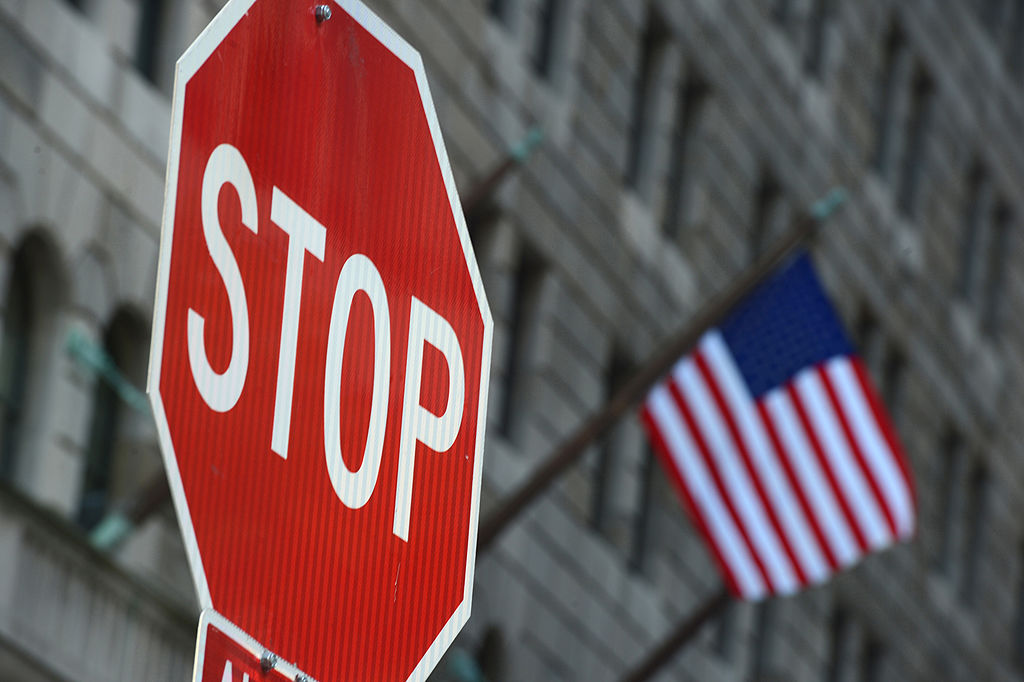
NEW YORK, NY - OCTOBER 01: A stop sign is seen next to a US flag on 1 October 2013 in New York City. After United States federal government shutdown eight hundred thousand US government employees stayed home instead of reporting for work. Some postal services and military services remain open during the government shutdown. (Photo by Cem Ozdel/Anadolu Agency/Getty Images)
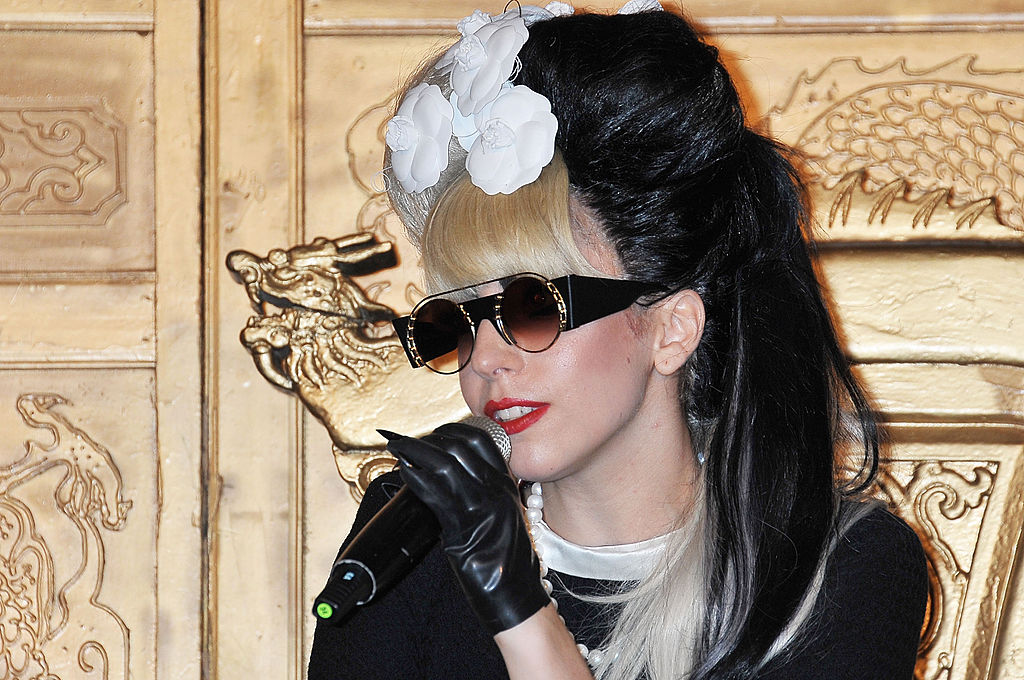
Lady Gaga attends a press conference of her new album "Born This Way" at the Regent Hotel on July 4, 2011 in Taipei, Taiwan.
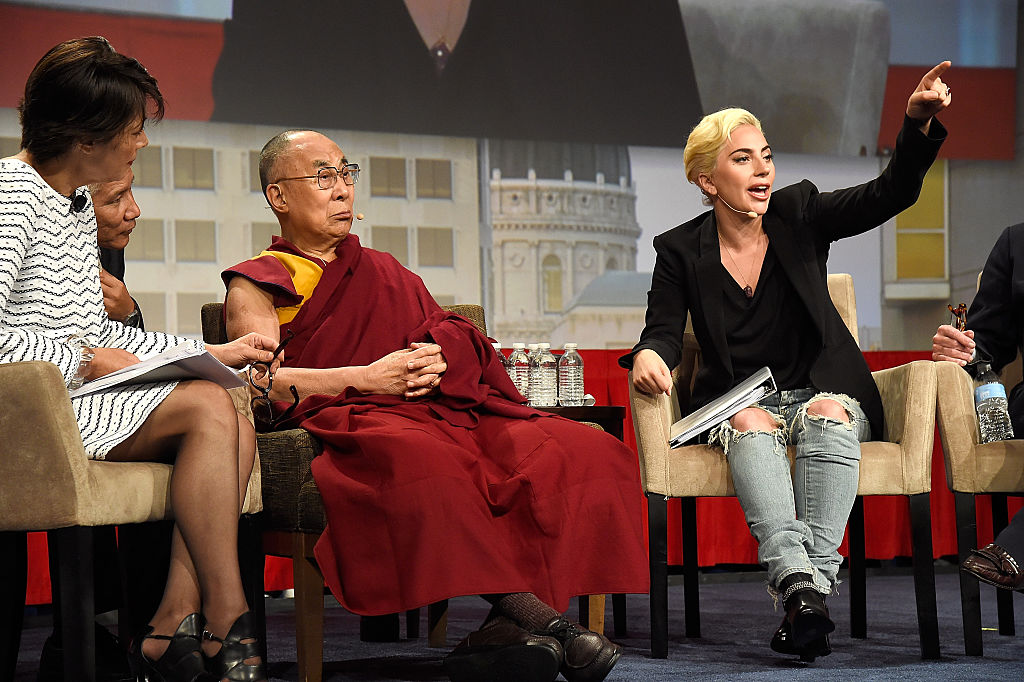
INDIANAPOLIS, IN - JUNE 26: Lady Gaga joins his Holiness the Dalai Lama to speak to US Mayors about kindness at JW Marriott on June 26, 2016 in Indianapolis, Indiana. (Photo by Kevin Mazur/Getty Images for Born This Way Foundation)
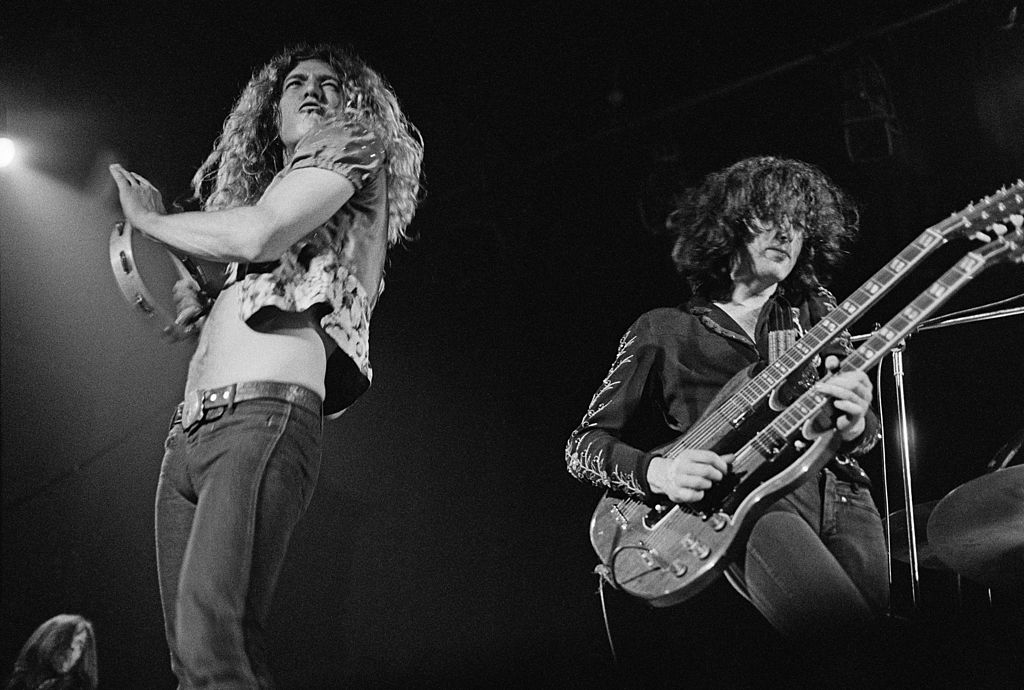
Singer Robert Plant (left) and guitarist Jimmy Page of British rock group Led Zeppelin, performing at Newcastle City Hall, 1st December 1972. (Photo by Michael Putland/Getty Images)

(MANDATORY CREDIT Watal Asanuma/Shinko Music/Getty Images) Jimmy Page (guitar) of Led Zeppelin performing on stage at Earl's Court, London, May 1975. (Photo by Watal Asanuma/Shinko Music/Getty Images)
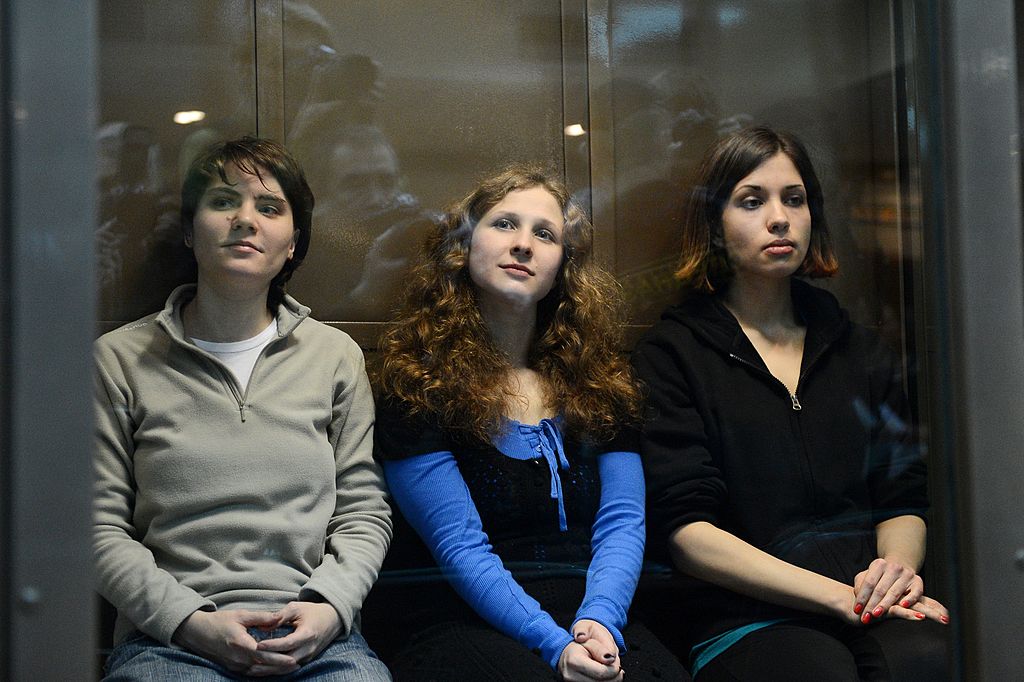
-- EDITORS NOTE -- CORRECTING POSITION --Members of the all-girl punk band "Pussy Riot" (L-R) Yekaterina Samutsevich, Maria Alyokhina and Nadezhda Tolokonnikova sit in a glass-walled cage in a court in Moscow, on October 10, 2012. Russian appeals court ordered today the release of one member of anti-Vladimir Putin punk band Pussy Riot ,Yekaterina Samutsevich, 30, after giving her a suspended term but ordered two others, Maria Alyokhina, 24, and Nadezhda Tolokonnikova, 22, serve two years in a prison camp. AFP PHOTO / NATALIA KOLESNIKOVA (Photo credit should read NATALIA KOLESNIKOVA/AFP/GettyImages)

Maria Alyokhina of the Russian band Pussy Riot attends a press conference as part of the Cinema for Peace Gala in Berlin, Germany, 10 February 2014. The documentary 'Pussy Riot - A Punk Prayer' is nominated for a Cinema for Peace award. Photo: PAUL ZINKEN/DPA | usage worldwide (Photo by Paul Zinken/picture alliance via Getty Images)

(Photo: Daniel Boczarski / Redferns)

ARGANDA DEL REY, SPAIN - JULY 04: Singer Amy Winehouse performs at Rock in Rio Madrid in Arganda del Rey on July 4, 2008 in Madrid, Spain (Photo by Lalo Yasky/WireImage)
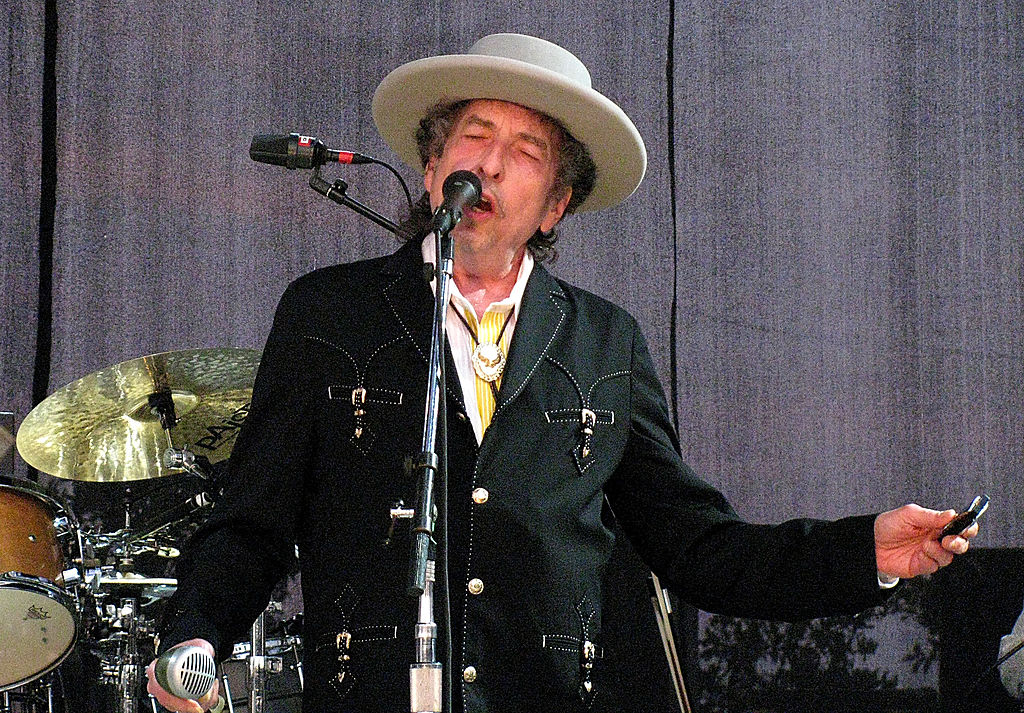

ROSKILDE, DENMARK - JULY 03: Bob Dylan performs on stage on Day 5 of Roskilde Festival on July 3, 2019 in Roskilde, Denmark. (Photo by Joseph Okpako/Redferns)

Bjork in Stockholm in 2019 (Photo by Santiago Felipe / Redferns)
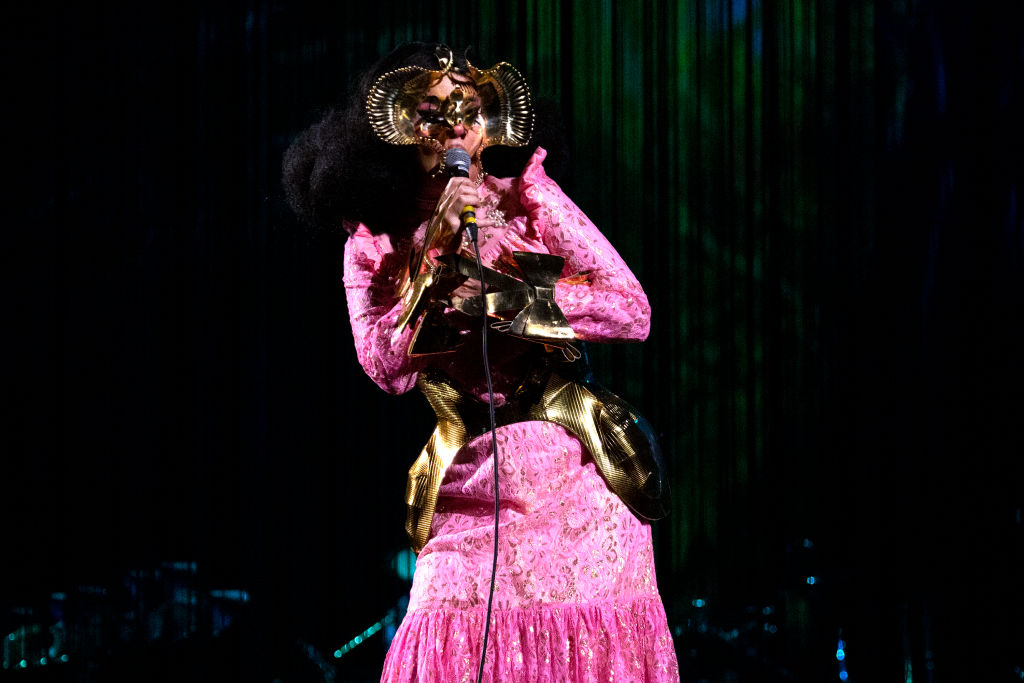
OSLO, NORWAY - DECEMBER 02: Bjork performs onstage during her "Cornucopia" tour at Oslo Spektrum on December 02, 2019 in Oslo, Norway. (Photo by Santiago Felipe/Getty Images)
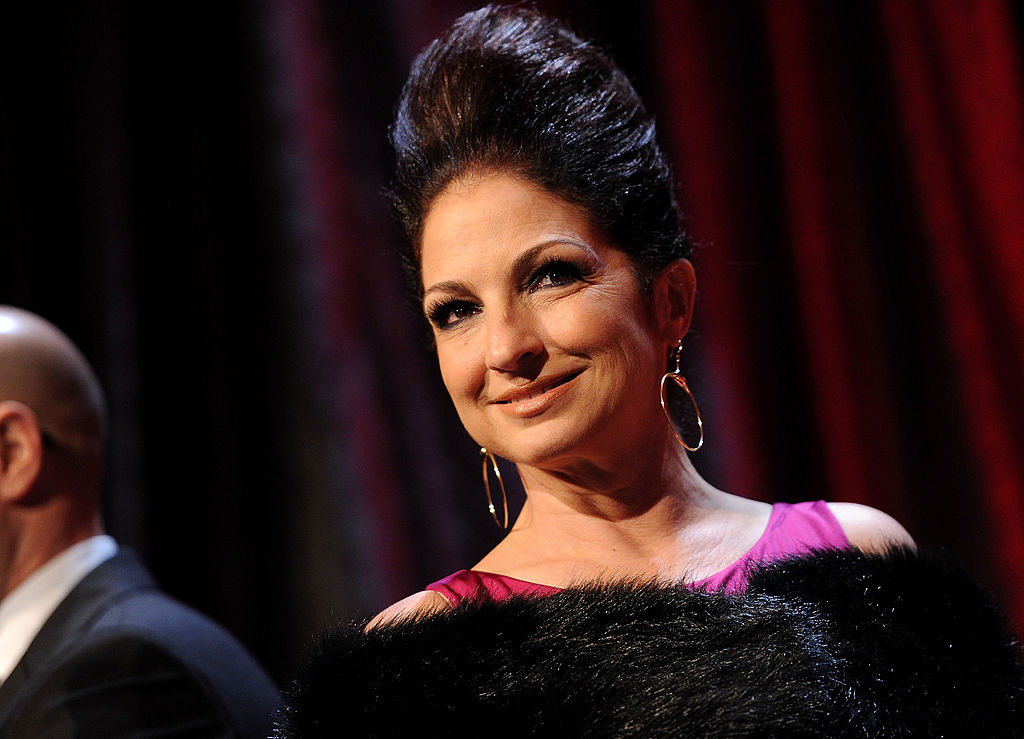
NEW YORK, NY - FEBRUARY 08: Gloria Estefan speaks onstage during the amfAR New York Gala To Kick Off Fall 2012 Fashion Week Presented By Hublot at Cipriani Wall Street on February 8, 2012 in New York City. (Photo by Jason Kempin/WireImage)

NEW YORK, NY - DECEMBER 31: Gloria Estefan performs during New Year's Eve 2017 in Times Square on December 31, 2016 in New York City. (Photo by Noam Galai/FilmMagic)

OSLO, NORWAY - JUNE 27: Behemoth perform at Tons Of Rock festival at Ekebergsletta on June 27, 2019 in Oslo, Norway. (Photo by Rune Hellestad - Corbis/Corbis via Getty Images)

LONDON, ENGLAND - FEBRUARY 08: Patryk "Seth" Sztyber, Tomasz "Orion" Wroblewski and Adam "Nergal" Darski of Behemoth perform at The Forum on February 08, 2019 in London, England. (Photo by Chiaki Nozu/WireImage)

NASHVILLE, TN - AUGUST 15: Country music star Garth Brooks poses for a portrait session on a fence wearing a cowboy hat and playing a Takamine acoustic guitar on August 15, 1991 in Nashville, Tennessee. (Photo by James Schnepf/Getty Images)

NASHVILLE -January 1, 1991, Country Music Singer Songwriter Garth Brooks performs at the MTSU Gym on January 1, 1991 in Nashville, Tennessee (photo by Beth Gwinn/Getty Images)
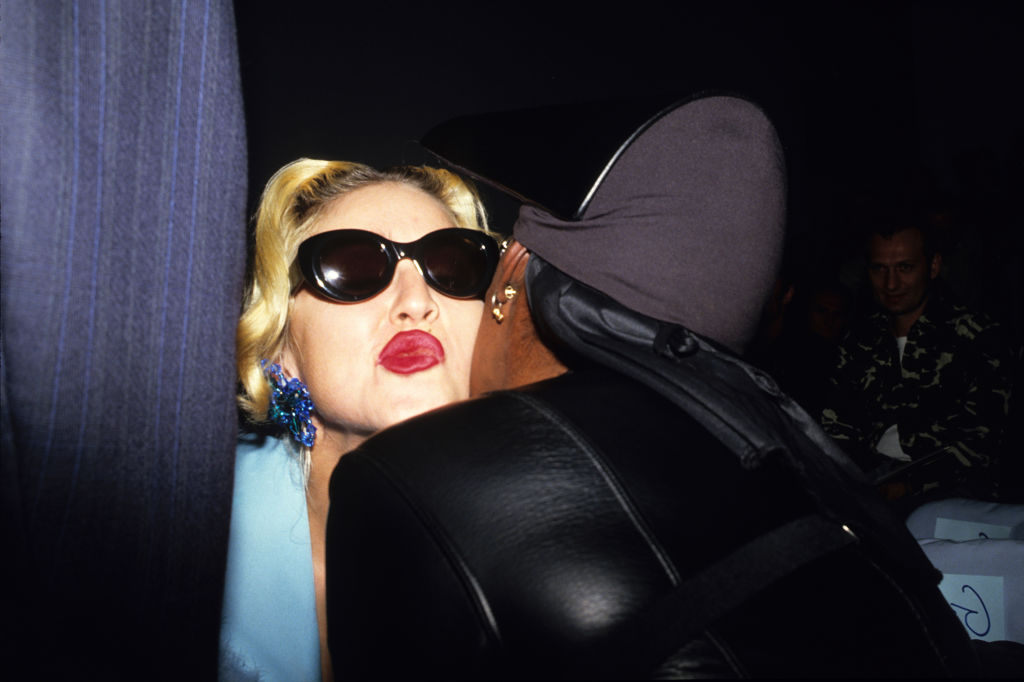
PARIS, FRANCE - OCTOBER 15: Madonna and Grace Jone (From Back) attend Versace Fashion Show during Paris Fashion Week in the 1990s in Paris, France. (Photo by Foc Kan/WireImage)

American singer and actress Madonna performing in Dallas, Texas, during her Blond Ambition World Tour, May 1990. (Photo by Vinnie Zuffante/Michael Ochs Archives/Getty Images)

Sinead O'Connor performs on stage at Glastonbury Festival, 1991. (Photo by Martyn Goodacre/Getty Images)

NEW YORK - OCTOBER 3: (VIDEO CAPTURE) Singer Sinead O'Connor rips up a picture of Pope John Paul II October 3, 1992 on the TV show "Saturday Night Live". (Photo by Yvonne Hemsey/Getty Images)

ATLANTA - MARCH 3: English singer-songwriter Elvis Costello performs at The Agora Ballroom on March 3, 1979 in Atlanta, Georgia. (Photo by Tom Hill/WireImage)

SATURDAY NIGHT LIVE -- Episode 8 -- Aired 12/17/1977 -- Pictured: Musical guest Elvis Costello performs (Photo by NBCU Photo Bank/NBCUniversal via Getty Images via Getty Images)

(Original Caption) : 1978: The Sex Pistols on stage performing. Shown (L-R) are: Paul Cook, Johnny Rotten, and Steve Jones. (Photo by Lynn Goldsmith/Corbis/VCG via Getty Images)

UNITED STATES - JANUARY 01: Paul Cook from The Sex Pistols posed in a hotel room on their final tour of the USA in January 1978 (Photo by Richard E. Aaron/Redferns)

Billie Holiday, performs on stage, 14 February 1954. (Photo by Harry Hammond/V&A Images/Getty Images)
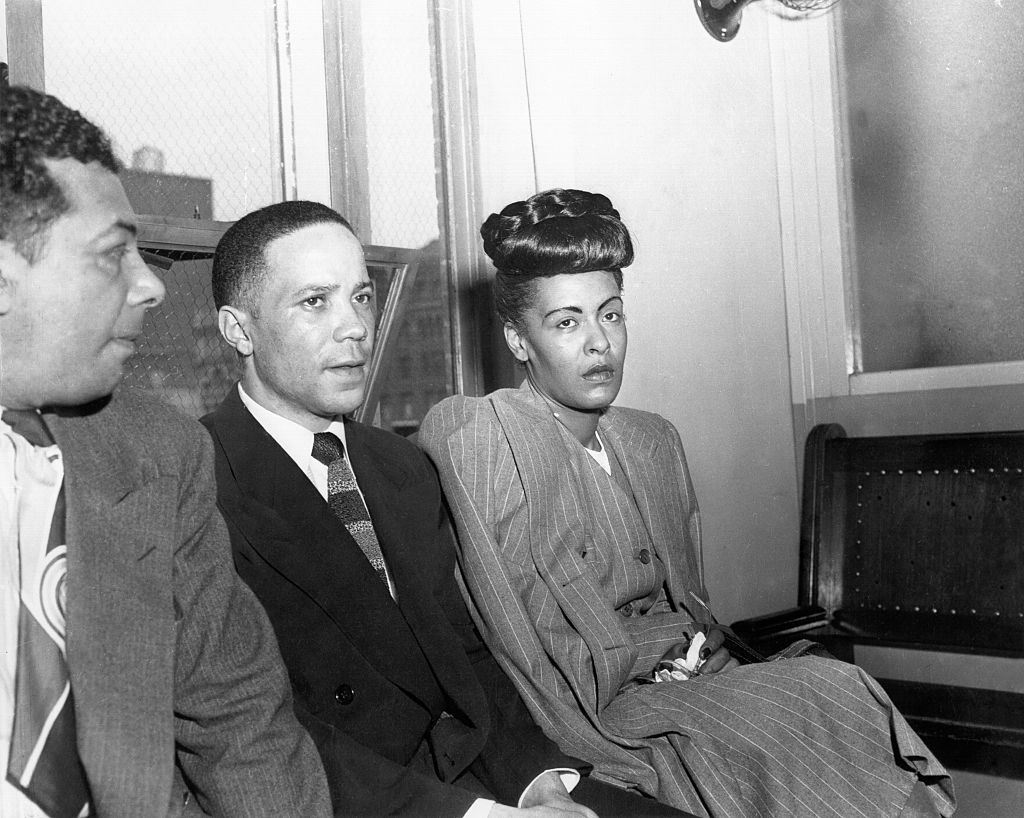
PHILADELPHIA - MAY 20: Jazz singer Billie Holiday (R) is read the charge for heroin possession at the U.S. Commissioners Office, seated next to her are her pianist Bobby Tucker (C) and road manager James Asendio (R) on May, 20, 1947 in Philadelphia, Pennsylvania. (Photo by Michael Ochs Archives/Getty Images)

NEW YORK - DECEMBER 1957: Singer Billie Holiday records her penultimate album 'Lady in Satin at the Columbia Records studio in December 1957 in New York City, New York. (Photo by Michael Ochs Archives/Getty Images)

































